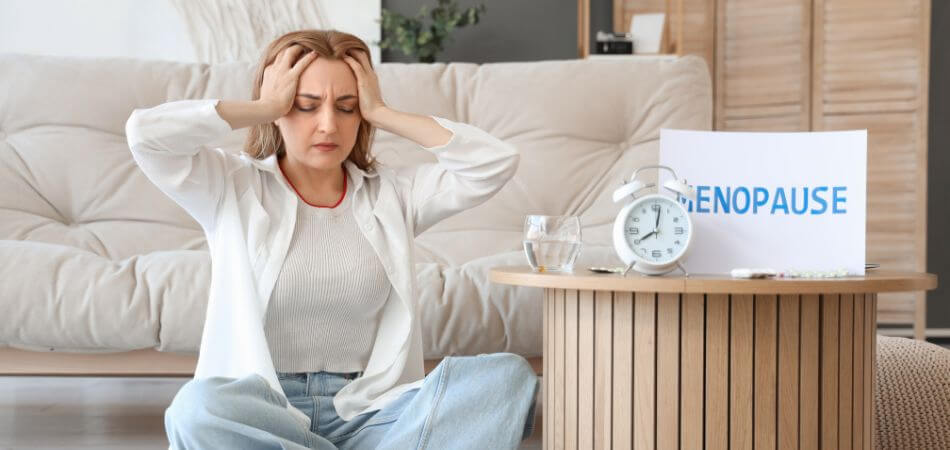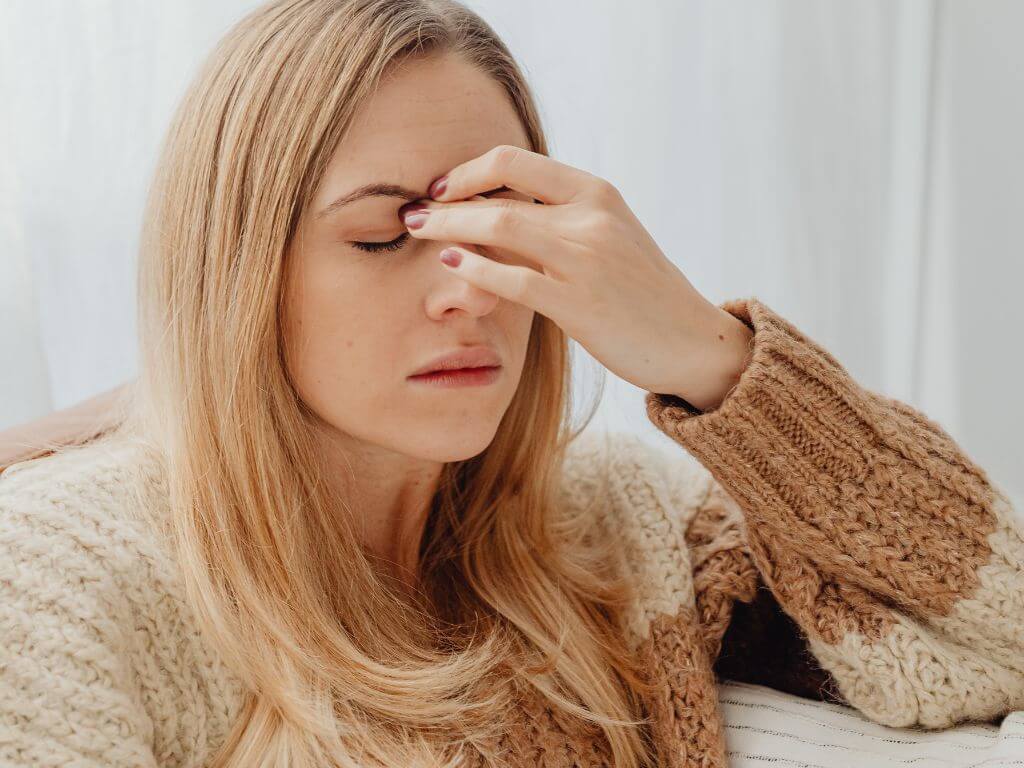Hormones play a crucial role in regulating many vital functions in the female body—from mood and energy levels to metabolism and reproductive health. But what happens when these delicate chemical messengers fall out of sync? Hormonal imbalance can disrupt everyday life, causing a cascade of symptoms that might leave you feeling frustrated and confused.
In this article, we’ll explore the common hormonal imbalance symptoms in females, explain why they happen, and offer helpful insights on when to seek medical advice. Whether you’re noticing subtle changes or more obvious signs, understanding your body’s hormonal signals is the first step toward reclaiming your well-being.
What Is Hormonal Imbalance?
Hormonal imbalance occurs when there is too much or too little of a hormone in the bloodstream. Because hormones act as messengers that regulate various bodily functions, even small fluctuations can trigger noticeable symptoms.
In females, the most commonly affected hormones include:
- Estrogen
- Progesterone
- Testosterone
- Thyroid hormones
- Cortisol (stress hormone)
- Insulin
Disruptions in any of these can lead to a wide range of physical and emotional symptoms.

Top Hormonal Imbalance Symptoms in Females to Watch For
1. Irregular or Missed Periods
One of the most obvious signs of hormonal imbalance is a change in menstrual cycles. You might experience:
- Skipped periods
- Heavy or very light bleeding
- Spotting between periods
These changes often indicate imbalances in estrogen or progesterone and could signal conditions like polycystic ovary syndrome (PCOS) or thyroid disorders.
2. Unexplained Weight Gain or Difficulty Losing Weight
Hormones influence metabolism, fat storage, and appetite. When hormones like insulin, cortisol, or thyroid hormones are out of balance, you might find it harder to shed pounds despite healthy eating and exercise.
3. Persistent Fatigue and Low Energy
If you’re constantly tired—even after enough sleep—your hormones might be to blame. Thyroid imbalances, adrenal fatigue (high cortisol), or low estrogen can drain your energy.
4. Mood Swings, Anxiety, and Depression
Hormones have a direct impact on brain chemistry and mood regulation. Estrogen fluctuations, for instance, can lead to irritability, anxiety, or feelings of depression, especially around menstruation or menopause.
5. Sleep Problems
Difficulty falling asleep or staying asleep is common in hormonal imbalances, often linked to changes in estrogen, progesterone, and cortisol levels.
6. Acne and Skin Changes
Adult acne, oily skin, or dry patches can result from excess androgens (male hormones) or thyroid issues. Hormonal acne usually appears along the jawline, chin, or cheeks.
7. Hair Thinning or Excessive Hair Growth
Hair loss or thinning (especially on the scalp) can indicate thyroid or androgen imbalances. Conversely, excess facial or body hair growth (hirsutism) is often linked to elevated androgens like testosterone.
8. Hot Flashes and Night Sweats
Common in perimenopause and menopause, these symptoms arise due to declining estrogen levels, causing sudden feelings of heat and sweating.
9. Brain Fog and Difficulty Concentrating
Cognitive issues like forgetfulness and trouble focusing can be subtle signs of hormonal disruption, particularly with thyroid hormone or estrogen imbalances.
10. Digestive Problems and Bloating
Hormonal fluctuations can affect gut health and digestion, leading to bloating, constipation, or irritable bowel symptoms.

Why Do Hormonal Imbalances Happen?
Several factors can trigger hormonal imbalances in women, including:
- Stress: Chronic stress elevates cortisol, which disrupts other hormones.
- Poor diet: High sugar, processed foods, and lack of nutrients can unbalance insulin and other hormones.
- Lack of sleep: Impairs hormone regulation.
- Aging and menopause: Natural hormonal decline.
- Medical conditions: PCOS, thyroid disorders, adrenal insufficiency.
- Medications: Birth control pills, hormone therapy, steroids.
When to See a Doctor
If you experience persistent or worsening symptoms affecting your quality of life, it’s important to consult a healthcare professional. Blood tests and hormone panels can help diagnose specific imbalances, and targeted treatments are available—ranging from lifestyle changes to hormone therapy.

How to Support Hormonal Balance Naturally
While medical care is essential for some, many lifestyle habits can help restore and maintain hormonal harmony:
- Eat a balanced diet rich in whole foods, fiber, and healthy fats.
- Manage stress with meditation, yoga, or breathing exercises.
- Prioritize sleep hygiene.
- Exercise regularly, combining cardio and strength training.
- Limit caffeine and alcohol intake.
- Maintain a healthy weight.
Final Thoughts
Hormonal imbalances are common, but their symptoms are not something you have to silently endure. By recognizing the signs and understanding what your body is trying to tell you, you can take proactive steps toward better health and balance.
If you suspect hormonal imbalance, don’t wait—reach out to a healthcare provider who can guide you toward the right diagnosis and treatment. Your hormones don’t have to control your life.
FAQ’s
How do I know I have hormonal imbalance?
Common signs of hormonal imbalance include irregular periods, sudden weight changes, fatigue, acne, mood swings, and sleep disturbances—consult a doctor for testing.
(Note: Always seek professional medical advice for diagnosis.)
How do I fix my hormonal balance?
Balance hormones naturally with nutrient-rich foods (leafy greens, healthy fats), stress management (yoga/sleep), and targeted supplements (magnesium, vitamin D).
What happens when a girl has hormonal imbalance?
Hormonal imbalance in women can cause irregular periods, acne, mood swings, weight gain, fatigue, and fertility issues.
(For specific concerns, consult a healthcare provider for personalized advice.)
What is the best pill to balance hormones?
Macafem is often considered the best natural supplement for hormone balance, but consult your doctor for personalized recommendations.
(Note: Always seek medical advice before starting any supplement.)
